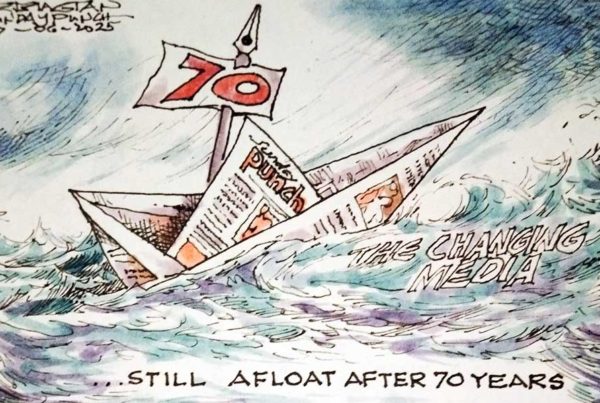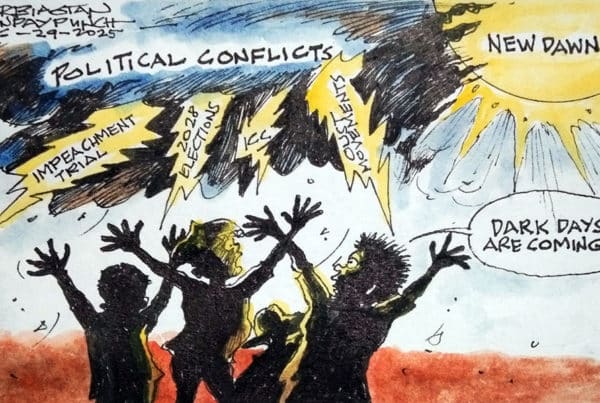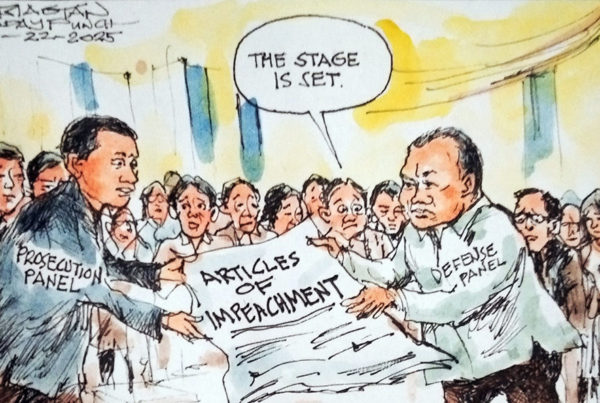Editorial
Island Politics
RIVAL politicians are expected to disagree. An active and constructive opposition, like the role played by media as watchdogs, could actually prove to be beneficial for the people because then our public officials would be compelled to be on their toes, making sure they perform their duties well. But that is clearly not the case in the island town of Anda.
The long-standing squabble in this remote 4th class municipality, geographically detached but linked to the province’s mainland by a bridge, between the mayor versus the vice mayor and several councilors has now become nastier with the 30-day suspension order slapped by the Provincial Board against the mayor. The political harassment has now moved up to a bigger sphere.
Mayor Nestor Pulido, based on arguments presented, is obviously on the beating end.
Had the councilors and the vice mayor been in good terms with Pulido, it would not have been farfetched to see them passing resolutions praising each other for their successful efforts to contain that emergency situation in December 2007 when the island was being battered by a typhoon and was bracing for a tsunami threat.

But in this case, when politics reared its ugly head, the detractors saw the situation as an opportunity to wallop another on a clearly technical issue. Even then, that technicality, in fact, could be considered inapplicable as provided for by the National Disaster Coordinating Council (NDCC).
While the requirement for a council resolution is indeed required to declare a state of calamity to enable the local government to release funds, the emergency situation at that time evidently required an executive action to forestall an imminent calamity.
The NDCC, given its past experience in the numerous emergency situations it has had to face around the country, correctly responded by issuing a policy that empowers local government units to act with dispatch and not to be constrained by rules and policies adopted under normal circumstances.
The case of Vice Mayor Napoleon Celeste and five councilors, namely: Dante de Castro, Aldrin Cerdan, Cecil Celeste, Alex Raguindin and Edward Domalanta against Pulido would have been meritorious if they had cited instances where the P40,000 calamity fund was used for the mayor’s personal gain. But they didn’t.
In the customary spirit of bayanihan, the community and their leaders pool their resources to respond to emergency situations without thought of compensation or reward for heroism. In such cases politicians cross party lines to ease their constituents’ burden.
The brouhaha over what should have been deemed a timely response of the Anda government, simply demonstrated what crass politicking can do to destroy the public’s faith in their elected leaders.
Share your Comments or Reactions
Powered by Facebook Comments









